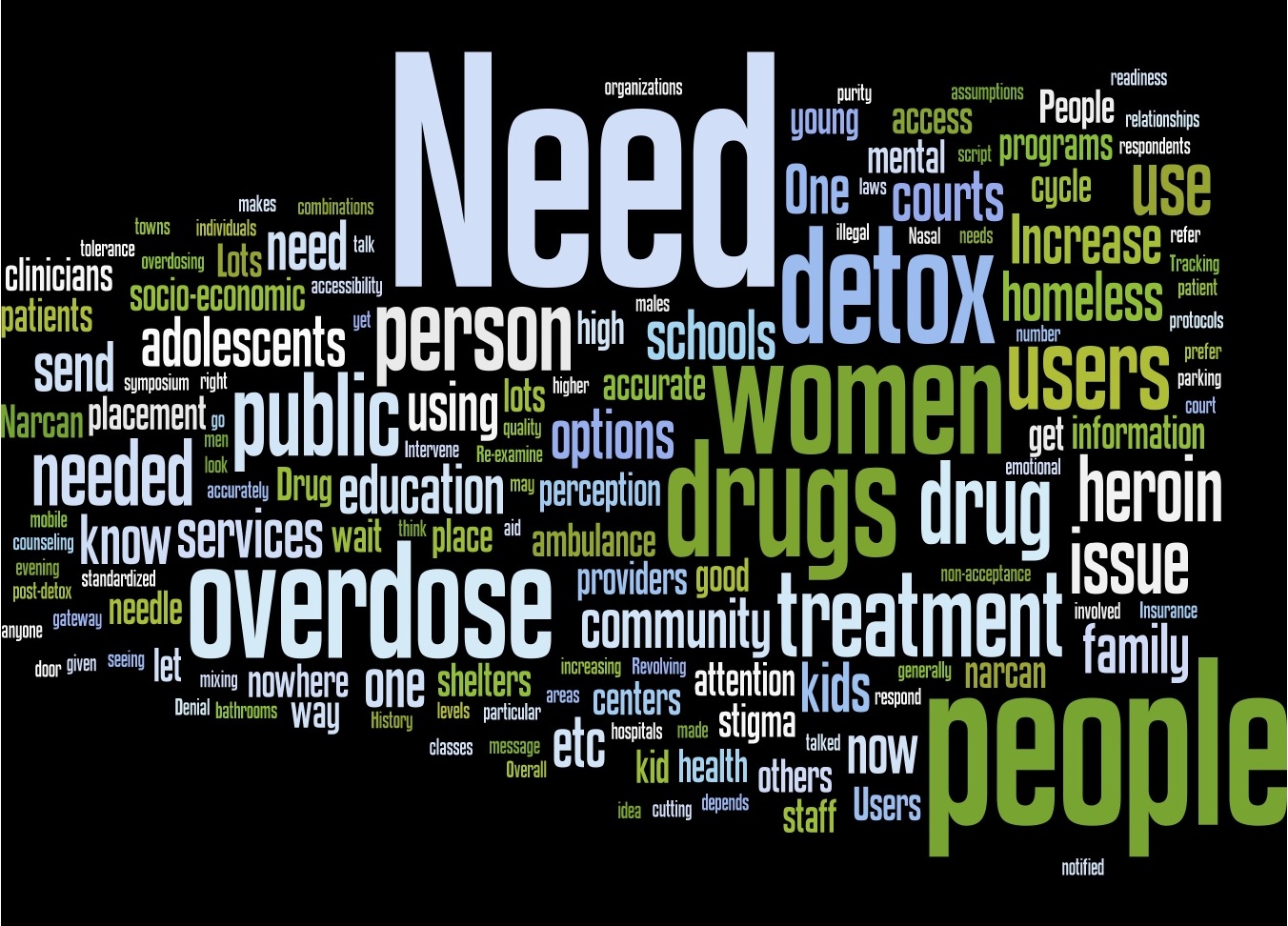by Sarah Hayward
Recently, California Governor, Jerry
Brown, signed landmark legislation
banning
licensed therapists from offering harmful “ex-gay therapy” to minors. This is the first
legislation of its kind, but already other states are proposing similar laws.
The California law prevents
licensed therapists from engaging in psychological “therapy” supposedly aimed
at turning lesbian and gay youths straight. Governor Brown called these types of practices
“nonscientific” with “no basis in science or medicine” and relegated these
practices to the “dustbin of quackery.
These practices are widely viewed as
ineffective and, in fact, harmful, by the majority of mental health
professionals. Indeed, while the bill was authored by State Senator Ted Lieu
(D), it was co-sponsored by the National Center
for Lesbian Rights, Equality California, Gaylesta, the Courage Campaign,
Lambda Legal, and the Mental Health America of
Northern California. In addition to the bill’s sponsors, it was supported by
dozens of organizations, including a number of mental health organizations,
including: The California Psychological Association, the American Psychoanalytic
Association, the California Board of Behavioral Sciences, the American
Association for Marriage and Family Therapy (California Division), the National
Association of Social Workers (CA Chapter), the California Latino Psychological
Association, and the California Council of Community Mental Health Agencies.
Youths have blamed so-called
“reparative therapy” for causing depression and for causing suicidal
thoughts or attempts.
Proponents of these abusive practices were
quick to file two separate lawsuits in California.
The first is being brought by the Pacific Justice Institute (PJI), a Christian
legal group. In the lawsuit, the plaintiff asserts that he was cured of his
same sex attractions by “reparative therapy.” The plaintiff claims that the
statute requires mental health professionals to discriminate against minors
based on their sexual orientation. The second lawsuit is being brought by two teenage
boys who have been undergoing “reparative therapy.” They claim that the law
violates the teens’ freedom of speech and freedom of religion by denying them
the chance to be cured of unwanted same-sex attraction.
Despite the pending litigation,
other states are following California’s lead. A State Representative in Pennsylvania and a lawmaker
in New Jersey have each
introduced bills in their respective states that would ban mental health
providers from offering sexual orientation “conversion therapy” for minors.
This
is an important step in protecting gay and lesbian youths from these damaging practices;
however, the California bill only prevents licensed therapists from offering “reparative
therapy,” it does not prevent churches or other groups from doing the same. However, the bill is a important start and it
has brought national media
attention to these dangerous practices that try to teach lesbian and gay teens that there
is something wrong with them.
Sarah Hayward is a third-year law student at Seattle University School of Law.







